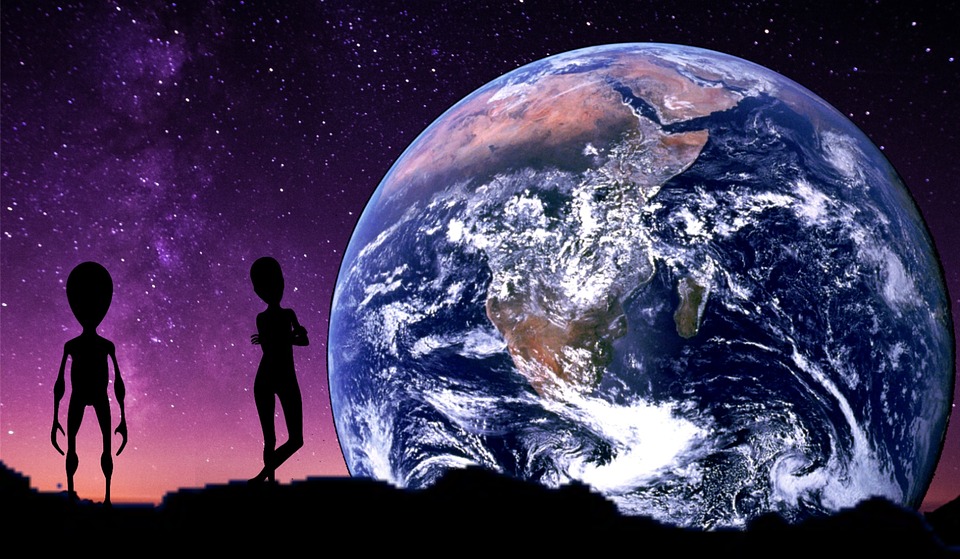
If you’ve ever looked up into the unfathomable night sky and wondered, “Are we alone?” then you are not alone. About 70 years ago, physicist Enrico Fermi looked up into the sky and asked a similar question: “Where is everybody?” There are hundreds of billions of stars in the Milky Way galaxy alone, Fermi reckoned, and many of them are billions of years older than our sun. Even if a small fraction of these stars have planets around them that proved habitable for life (scientists now think as many as 60 billion exoplanets could fit the bill), that would leave billions of possible worlds where advanced civilizations could have already bloomed, grown and — eventually — begun exploring the stars.
So, why haven’t Earthlings heard a peep from these worlds? Where is everybody? Today, this question is better known as the Fermi paradox. Researchers have floated many possible answers over the years, ranging from “The aliens are all hiding underwater,” to “They all died,” to “Actually, we are the aliens, and we rode a comet to Earth a few billion years ago.”
Now, Alexander Berezin, a theoretical physicist at the National Research University of Electronic Technology in Russia, has proposed a new answer to Fermi’s paradox — but he doesn’t think you’re going to like it. Because, if Berezin’s hypothesis is correct, it could mean a future for humanity that’s “even worse than extinction.” “What if,” Berezin wrote in a new paper posted March 27 to the preprint journal arxiv.org,”the first life that reaches interstellar travel capability necessarily eradicates all competition to fuel its own expansion?”
By Brandon Specktor – Full Story at Live Science


